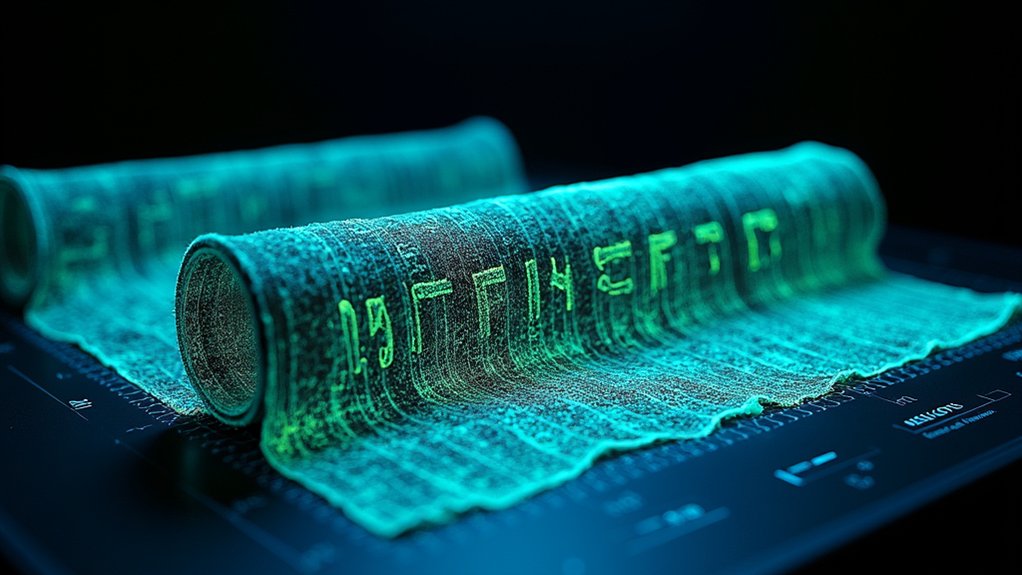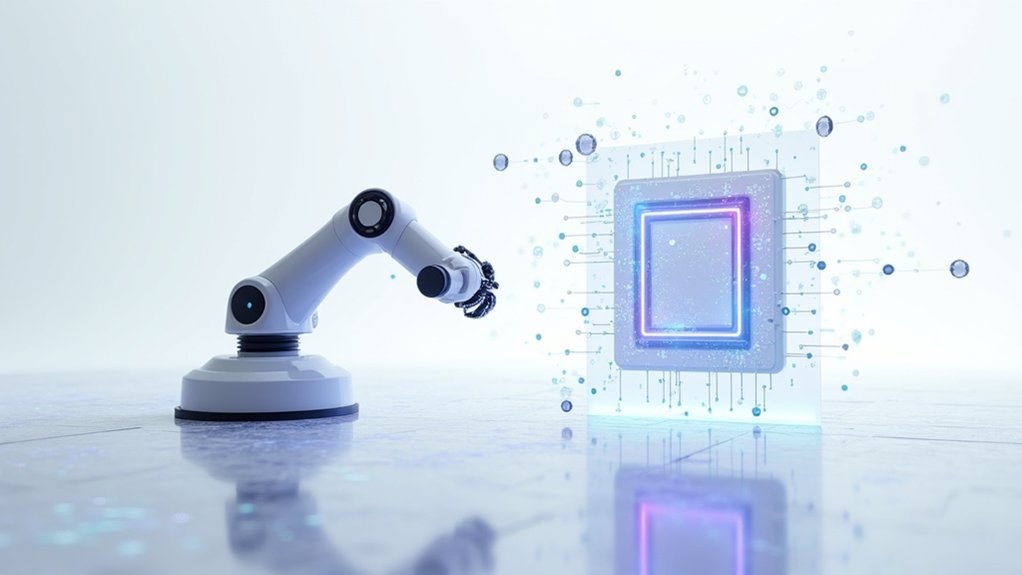Imagine this: AI diving into ancient Greek scrolls that got toasted by Mount Vesuvius back in 79 CE, turning them into fragile relics. These Herculaneum Papyri, over 1,800 of them, were carbonized in the eruption, making them too brittle to touch. They might’ve belonged to Julius Caesar’s father-in-law, offering a rare glimpse into an intact ancient library.
Fast forward to 2023, and the Vesuvius Challenge dangled a $1 million prize to crack them open digitally. A team of students—Youssef Nader, Luke Farritor, and Julian Schilliger—snagged $700,000 by decoding over 2,000 Greek letters. Their first win? The word “πορφύρας,” meaning “purple.” Talk about turning ash into gold. The Vesuvius Challenge invites public participation to help decode more of these ancient texts.
In 2023, the Vesuvius Challenge offered $1 million, but a student team snagged $700,000 by decoding over 2,000 Greek letters, starting with “πορφύρας” for purple—pure ash-to-gold magic!
AI doesn’t mess around here. It uses high-resolution X-ray tomography from places like the Diamond Light Source to build 3D models of these scrolls. Software like Volume Cartographer virtually unrolls the layers, a neat trick since physically touching them would crumble everything. AI-driven systems enhance diagnostic processes by allowing for precise and efficient analysis in many fields.
Machine learning steps in next, hunting for ink that’s basically invisible because it’s carbon-based, just like the papyrus. Oh, sure, that’s easy—spotting a “crackle pattern” to reveal letters. Papyrologists then jump in, interpreting the AI’s finds. It’s a high-stakes game, blending tech and history.
Key tools include Ithaca, a DeepMind neural network that restores missing text and dates inscriptions. Then there’s Generative Adversarial Networks, churning out fake ancient Greek characters to train models better. Optical Character Recognition gets a workout, adapted for wonky old scripts.
These platforms aim to be scholar-friendly, handling transcription and editing in one go. Pretty slick, if you ignore the headaches.
The decoded content? Words like “foolish,” “disgust,” “fear,” and “life” from scroll PHerc. 172, likely Epicurean philosophy by Philodemus. This stuff reveals how Roman elites debated life’s big questions. Notably, PHerc. 172 is housed at the Bodleian Libraries at Oxford, enhancing its accessibility for ongoing research. It’s a game-changer for classical studies, revealing lost insights.
But wait, challenges loom—distinguishing ink from papyrus is a nightmare, a glitchy puzzle that keeps everyone on edge. Still, this breakthrough? Pure magic, flaws and all.




